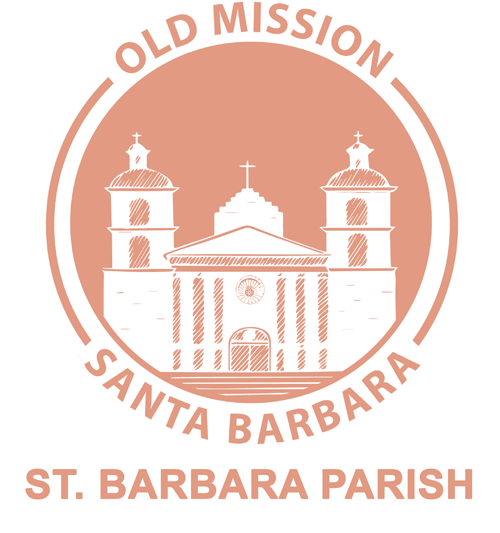Ironies of Divine Action
Dear Friend,
Last Sunday, walking back to the sacristy after Mass, I found myself responding to questions from two couples – Matthew and Emily, Presbyterians from Tennessee, and Jacob and Hannah, Jews from Israel. We were looking at the artwork above the altar when Jacob pointed out the inscription INRI above Jesus’s head on the cross. “You’d be surprised,” he said, “at how many people don’t know what that means.” He proceeded to spell it out, as it were, his words intoned with the distinctive accent of his native land. Matthew and Emily nodded politely, I had to smile, struck by a certain irony in this little exchange.
And there’s another little irony I’m smiling at. On my recent trip to Atlanta, I was eager to get to Sunday Mass at the Cathedral of Christ the King where I’d made my first communion (X number of years ago). I’m walking briskly toward the Cathedral doors - I, a Catholic priest and Franciscan friar – and bounding through my brain are not the words of a prayer, but the school cheer I’d learned decades ago during my one year at the parish school: C-K-S, IS the very best! …kind of embarrassing actually…
Anyway, in 1969 it was made official: the last Sunday of the liturgical year would be the Feast of Christ the King. The true and transformative irony? Scholar Mahri Leonard-Fleckman puts it this way: in Luke’s account of Jesus’s crucifixion, the King of the Universe is presented as a man humbled and broken who, with his last breaths, extends mercy to a criminal dying next to him. Over and over, but never more poignantly than here, the Gospel writer attunes us to paradox and the revelatory dramatic ironies of divine action in our own lives. And it’s true: our religious imaginations are educated in the strangest ways.
Gratefully,
Father Dan OFM
